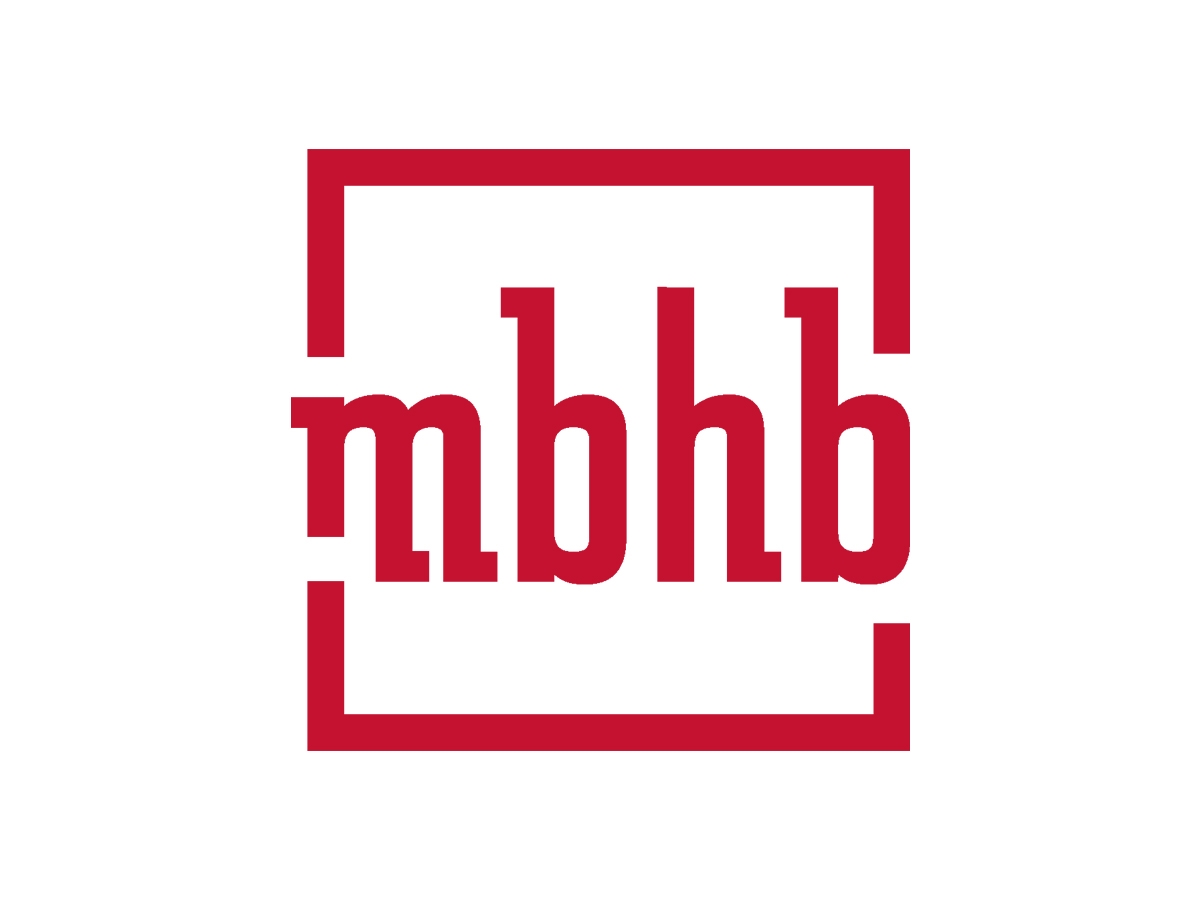With Decision Looming on Extension of TRIPS IP Waiver, House Dems Want More Info, Industry and Advocacy Groups Battle for Public Narrative
“No country has introduced language for an expanded IP waiver, nor have any countries utilized the existing vaccine waiver.” – Neil Bradley, U.S. Chamber of Commerce
On November 10, a group of Democratic members of congress sent a letter to United States Trade Representative Katherine Tai expressing concerns about extending a waiver of intellectual property rights under the Trade-Related Aspects of Intellectual Property Rights (TRIPS) Agreement to therapeutics and diagnostics for the treatment of COVID-19. The letter comes as talks are heating up at the World Trade Organization (WTO) about such an extension, with the technical deadline for a decision being December 19.
The letter poses seven questions for Tai to consider and respond to as she formulates the U.S. position on waiver extension, including whether the current waiver of IP rights for vaccine-related technology has been effective, how “diagnostics” and “therapeutics” will be defined, and that she provide a list of countries that have expressed interest in gaining access to American IP for COVID-related diagnostics and therapeutics.
In the lead-up to a decision, Mexico and Switzerland also recently expressed their reservations, explaining that such an extension could “jeopardize the further development and the production of many of the over 1,800 COVID-19 therapeutics that are currently in different stages of the R&D-pipeline.”
Meanwhile, the U.S. Chamber of Commerce’s Executive Vice President and Chief Policy Officer, Neil Bradley, yesterday called for an end to waiver talks altogether. “It’s time for the Biden administration to oppose this failing and harmful proposal,” Bradley said. “Supply of COVID-19 therapeutics, diagnostics, and vaccines, vastly exceeds demand, which has led countries from Mexico to Switzerland to conclude — rightly — that intellectual property was never an impediment to their production or distribution. Developing the next breakthrough treatment or cure requires decades of research and development and billions of dollars in private-sector investment—none of which is possible without reliable and enforceable IP protections.”
Bradley added that the latest waiver meeting at the WTO last week revealed that “no country has introduced language for an expanded IP waiver, nor have any countries utilized the existing vaccine waiver.”
Politico/TBIJ Report
Separately this week, the Bureau of Investigative Journalism (TBIJ) and Politico released a report that delves into the pharmaceutical industry’s lobbying efforts against the COVID-19 vaccine waiver and concludes that “big Pharma used its vast lobbying and influencing efforts to try to kill a proposal that threatened the very tenets of the industry.”
The report is based on interviews and discussions with various diplomats and government officials from across the world. Officials from both Belgium and Indonesia reported that pharmaceutical companies threatened to pull funding from the countries if they supported a vaccine IP waiver. And according to an interview with a Mexican official, the report says Mexico believed supporting the waiver would potentially hurt investment in the country, leading to its decision to support voluntary deals between pharmaceutical companies and third-party manufacturers.
Max Lawson, Co-Chair of the People’s Vaccine Alliance and Head of Inequality Policy at Oxfam, said in response to the report, “these shocking allegations are a testament to the huge unaccountable power of big business in global politics. Pharmaceutical companies were seemingly granted unfettered access to the European Commission and the British and German governments, while countries that supported measures to improve vaccine access faced threats from the industry.”
The report from TBIJ and Politico adds to reporting from 2021 that found that pharmaceutical industry lobbyists urged the Biden Administration to reverse course on his public support of a vaccine waiver. Eventually, President Biden and the United States pulled support from the first iterations of the vaccine waiver deal.
Ultimately, a vaccine IP waiver deal was only passed after several key provisions were removed. One official interviewed in the investigative report called the deal “useless.”
Pharmaceutical Industry Opposition
Pharmaceutical companies have long expressed their opposition to waiver. Thomas Cueni, Director General of The International Federation of Pharmaceutical Manufacturers & Associations (IFPMA), a trade association representing pharmaceutical companies, said in an official statement, “both COVID-19 vaccines and treatments exceed demand,” and “developing country manufacturers are the first to say that the most effective manner to cooperate is through voluntary agreements.”
IFPMA and other pharmaceutical company representatives have made the case that IP rights are crucial to allowing companies to innovate and that a vaccine waiver would not be a quick fix that would solve the pandemic.
After the waiver agreement was passed by the WTO, the IFPMA responded with the Berlin Declaration. The statement outlines the achievements of the pharmaceutical industry in responding to the COVID-19 pandemic as well as their willingness “to reserve an allocation of real-time production of vaccines, treatments and diagnostics for priority populations in lower income countries and take measures to make them available and affordable.”
However, groups like the People’s Vaccine Alliance expressed doubt over the industry’s intentions. In response to the Berlin Declaration, Winnie Byanyima, Executive Director of UNAIDS and Co-Chair of the People’s Vaccine Alliance, said “the world needs an international agreement that guarantees fair and equitable access to medical products for everyone, everywhere, not a power grab by big pharma.”
IP Waiver Debate
Representatives from India and South Africa first proposed a vaccine waiver agreement under TRIPS during an October 2020 WTO meeting.
The TBIJ and Politico report found that representatives from the lobbying group European Federation of Pharmaceutical Industries and Associations (EFPIA) had days before met with a member of the European Commission president’s cabinet multiple times to discuss protecting IP rights.
Big pharma companies view the European Union as a favorable market for IP rights, and the EU has heavily invested in R&D for COVID vaccines. However, many lower-middle-income countries such as South Africa and India wanted to waive IP rights and scale up vaccine production.
Lawson described the gap between rich countries and those with less access to COVID vaccines and said, “Rich countries expressed warm words and pledged donations, but to Germany, the UK, Switzerland, and the European Commission, it was apparently just a PR exercise. In the end, global solidarity was snuffed out by the wealthy pharmaceutical lobby, which is not how a healthy democracy should function.”
But the debate over IP waiver is far from over. Lawson said, “There is, however, a glimmer of hope amid these revelations. The narrow outcome of TRIPS negotiations set an important precedent, recognising that intellectual property rules are a barrier to accessing medical tools.”
And, according to the TBIJ/Politico report, several officials from lower-income countries expressed interest in expanding the TRIPS discussion and IP waiver debates to other inequalities within the medical system.
One official told the investigators, “the rules of the IP are very important. We respect that, we believe in that. But we also want to call to attention the actual problems, the inequalities, and the gap that we have, and how the system can really help.”
For its part, the pharmaceutical industry will continue to oppose waiver efforts.
Nathalie Moll, Director General of the EFPIA, said in a written statement, “EFPIA continues to advocate against any of the proposed TRIPS waiver extension to COVID-19 therapeutics, not least because, there is no shortage of treatments.”
Image Source: Deposit Photos
Image ID: 3989836
Author: cteconsulting






